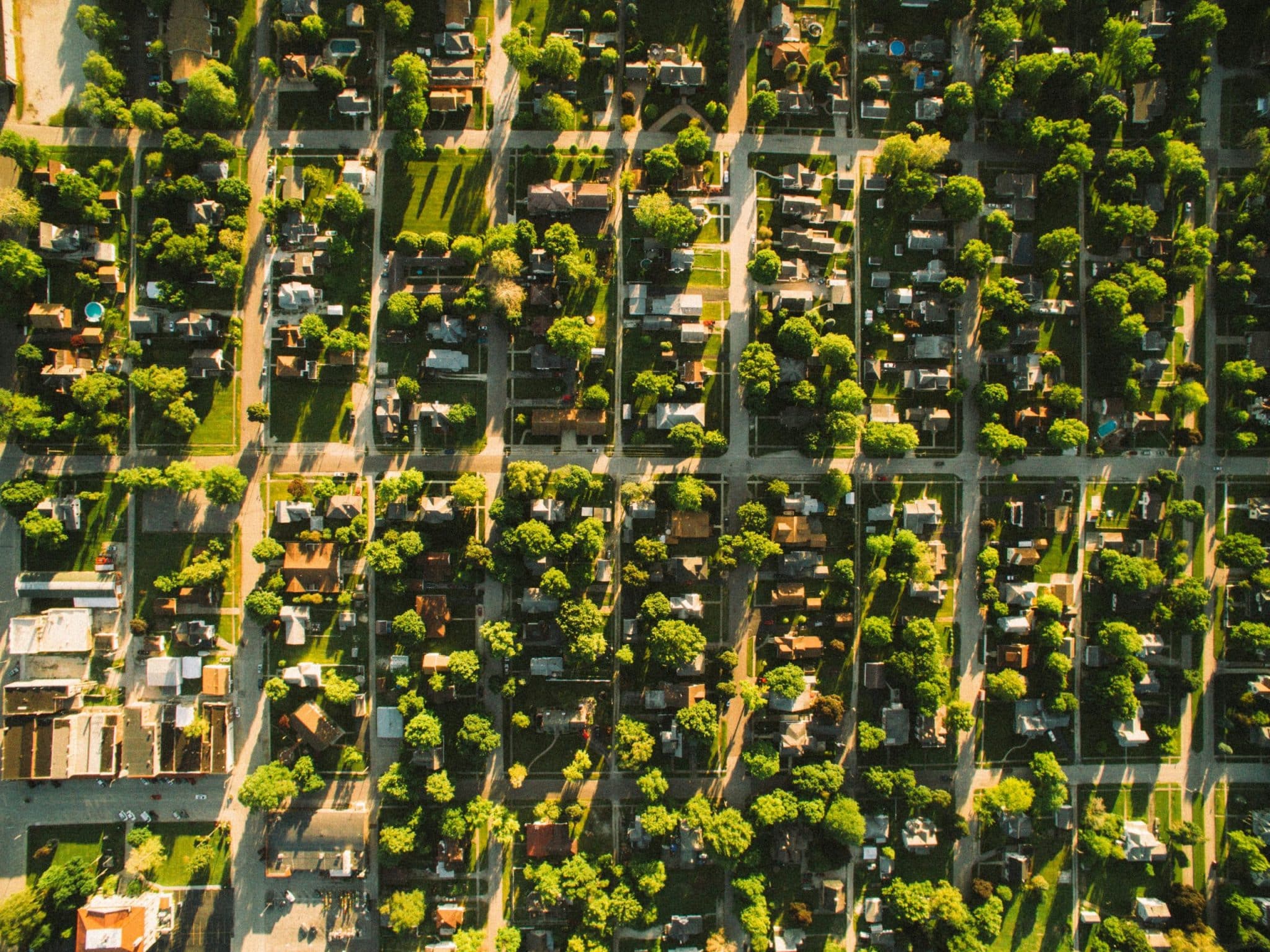Neighborhood History and Its Impact on Value
The history of a neighborhood can have a significant impact on its value. A neighborhood’s past can shape its present and future, influencing everything from property prices to community dynamics. Understanding the history of a neighborhood can provide valuable insights for home buyers, real estate agents, and investors looking to make informed decisions. In this article, we will dive into the relationship between neighborhood history and value, exploring how the two are intertwined and why it matters.
The Importance of Neighborhood History
The knowledge of a neighborhood’s history can give a better understanding of its current state and future potential. Knowing the stories behind the streets, buildings, and landmarks can provide insight into the cultural, social, and economic development of a neighborhood. This understanding can help determine the desirability and value of a neighborhood.
Cultural Significance
Neighborhoods with a rich cultural history can hold a lot of value for both residents and visitors. These areas often have unique architectural styles, historical buildings, and local landmarks that reflect the cultural influences of the past. For example, neighborhoods with a strong immigrant history can still retain their traditional customs, food, and celebrations, creating a vibrant and diverse community. The preservation of these cultural aspects can attract people who are looking for a sense of connection and belonging, which can positively impact the value of the neighborhood.
Sense of Community
The history of a neighborhood can also shape the sense of community within it. Some neighborhoods have a long-standing sense of community with deep-rooted traditions, while others may have experienced rapid changes over the years. Areas that have a strong community bond and a welcoming atmosphere can be highly desirable, especially for families and those seeking a close-knit community. The history of a neighborhood can also play a part in creating a shared identity and a sense of pride, strengthening the community’s bonds and making it an attractive place to live.
Economic Development
Neighborhoods that have a significant economic history can hold value for investors. Industrial areas, for example, were once the backbone of many cities. The remnants of this industrial past, such as old factories and warehouses, are now being transformed into trendy residential or commercial spaces, attracting new businesses and residents. A neighborhood’s economic history can also provide clues about its potential for future growth and development, making it an ideal area for investment.
The Impact on Property Values
The history of a neighborhood can have a direct impact on property values. It is no secret that the location is one of the most important factors when determining property prices. A neighborhood with a positive history can attract more buyers, resulting in higher demand and increased property values. On the other hand, a neighborhood with a negative history, such as high crime rates or dilapidated buildings, can be less desirable and have a negative impact on property values.
Preservation or Gentrification
The history of a neighborhood can also play a role in preservation or gentrification. Historic neighborhoods with well-preserved buildings, streetscapes, and cultural landmarks can attract a premium price. These areas can be perceived as charming and full of character, making them highly desirable for those looking for a unique and authentic living experience. On the other hand, gentrification, the process of renovating and improving a neighborhood, can significantly impact property values. As old buildings and properties are updated, the neighborhood’s overall appeal and value can increase, attracting a different demographic of buyers.
Conclusion
The history of a neighborhood is a crucial factor in determining its value. From its cultural significance to its economic development and impact on property values, understanding a neighborhood’s history is essential for both home buyers and investors. As neighborhood revitalization and development continue to be a significant trend in real estate, it is crucial to consider the historical context of a neighborhood to make informed decisions. So, the next time you are looking to buy a new home or invest in a property, take a closer look at the neighborhood’s history, and you might just uncover its true value.










